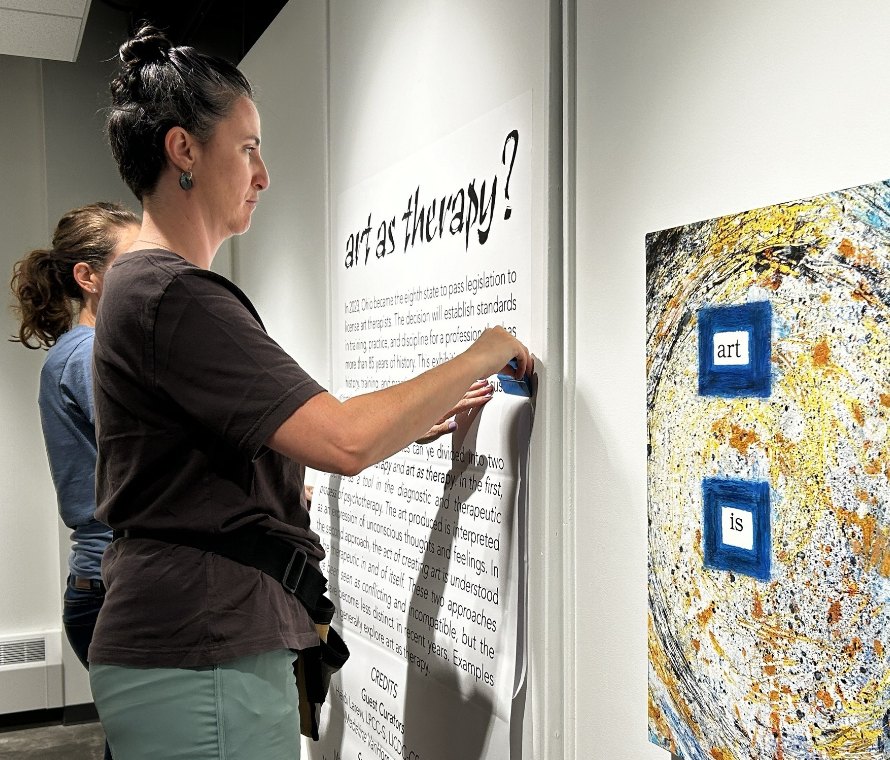By: Jackie Lallo
Living in the digital age, it is important to be conscious of what can be found about you on the internet. Often, potential employers will scan your Facebook page and its content before deciding to hire you. This has proven to be detrimental to many hopefuls.
Founded in 2003, LinkedIn is the world’s largest professional networking site, hosting over 120 million members and growing. It enables its members to connect to those in their networks and gain contacts with people in the same field of profession.
“We founded LinkedIn in 2003 because we recognized that the world was changing in two interrelated ways,” said Reid Hoffman, co-founder of LinkedIn, in a recent blog. “First, technology advancements were disrupting companies and changing entire industries. Second, globalization — which is partly a function of technology — was making the world of work for professionals more competitive. These changes are redefining how individual professionals survive and thrive in the modern economy.”
LinkedIn makes it easy to join as well. Once a new member is registered, it will automatically provide you with connections. Often, these connections are people taken from your contact list in the email address you registered with. These contacts are those with LinkedIn accounts as well. Those contacts will lead to others who are in the same networks, further developing your professional network.
Along with connecting to those with similar business interests, there a plethora of groups to join that are conducive to your interests. In these groups, topics can be discussed that range from what is happening in that profession, helping others with business problems and even collaborations on projects.
In an ever-changing work world, it is important to continuing learning and adapting to those changes. LinkedIn can aid in this process.
“People needed to understand more deeply the ideas and strategies that are behind the new world of work, otherwise they couldn’t deploy the LinkedIn platform the right way. They needed to understand why and how to grow their ‘soft assets,’ adapt and play for great opportunities,” Hoffman said.
LinkedIn also states on its “Learning Center Website,” learn.linkedin.com that LinkedIn gives individuals the power to controlling their online identity, and that LinkedIn profiles often come up first when someone “Googles” your name. This is a tool that makes online security that much more appealing.
The website provides many resources about how to build a better profile that will enable you to connect with as many people as possible.
To register and begin building a profile and professional network, go to www.linkedin.com.






